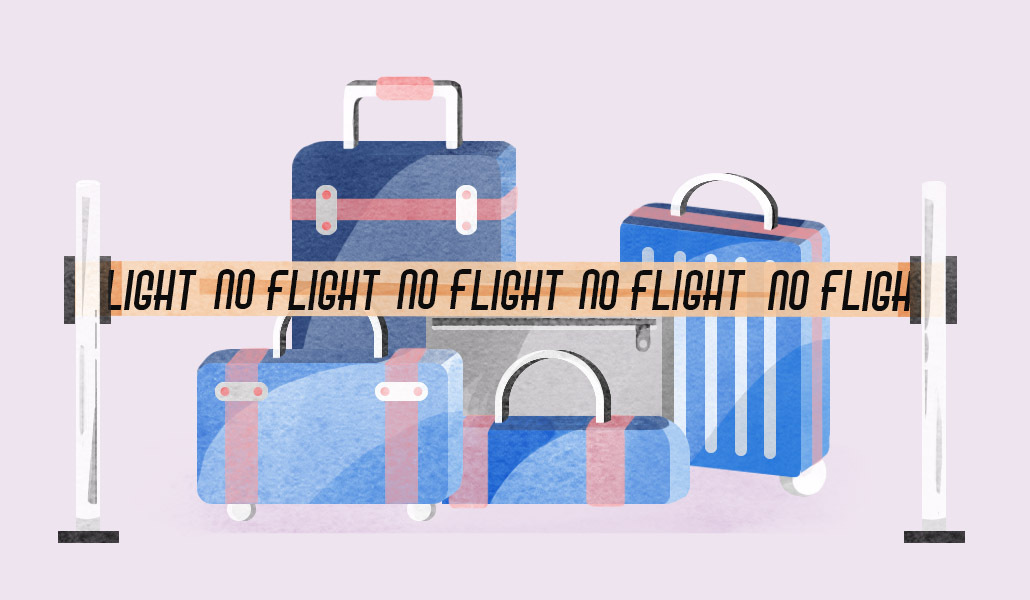Economic fears could put brakes on business travel rebound

If you’ve found yourself on a packed-to-the-gills plane lately or tried in vain to land a sensibly priced hotel room in a business center like New York, London or Hong Kong, you know that travel is back.
On a recent earnings call, American Express Global Business Travel said it expected spending on business travel to soar 24% this year, topping $1 trillion, spurred by especially robust business in APAC, specifically China.
“After grinding to a near halt during the Covid-19 pandemic, business trips — and profits for hotels and airlines catering to higher-paying corporate clients — are bouncing back even beyond pre-pandemic levels,” Morgan Stanley reported. This, despite markedly steeper airfares and room rates.
“Face-to-face meetings can be much more productive than virtual meetings,” as Jason Eckhoff, CEO of the travel search engine BusinessClass.com, pointed out. “When you’re in the same room with someone, you can elaborate more effectively, brainstorm ideas more easily and make decisions more quickly.”
Smaller companies account for the lion’s share of demand, according to Morgan Stanley, benefitting budget airlines and discount hotel chains in particular. In an interview, Marriott International CEO Anthony Capuano said business from small and medium-sized companies has actually surpassed pre-pandemic levels.
But it’s not all smooth sailing for business travel. Uncertainty about the economy has bosses eyeballing expenses, which could prove to be a drag on the sector’s recovery. For example, Apple, in a push to cut costs and prevent layoffs, has curbed travel significantly, with trips now requiring the approval of senior management — while in some departments, it’s been grounded altogether.
And while the travel industry overall has enjoyed brisk business lately, many hotels, especially those catering to business travelers, are still suffering enormous financial pressure.
Despite the bullish prognostications, Morning Consult revealed in a recent study that, in fact, business travel remains 18% lower than pre-pandemic levels. The bottom line: in the age of remote work, many would-be business travelers prefer to keep close to home and do meetings by Zoom or Google Meet. (According to a previous report from Morning Consult, 4 in 10 of those who traveled for business at least three times a year before the pandemic said they expected to never hit the road again.)
At the same time, in-person conferences have started to return, buoying the travel business. More than 3 in 5 of people with business trips in the coming year will be attending a conference or seminar, according to Morning Consult. Meanwhile, the growing appeal of “bleisure” travel, wherein people combine business and pleasure, is also stoking demand.
Packed airplanes aside, business travel for the airlines remains off by some 25% versus 2019, the last “normal” year, according to the Airlines Reporting Corporation, which provides data on the carriers. The firm’s current forecasts have corporate travel slowly improving as the year progresses but still ending on the downside by some 12% compared to 2019.
The eyebrow-raising cost of travel also threatens to put a damper on the sector’s rebound. Sky-high airfares — which have jumped more than 25% over the past year, according to U.S. government stats — have some companies going the route of Apple and allowing travel only when essential, with one study estimating that just 30% of those who are permitted to travel for business actually doing so.
Consulting firm ECA International reported that business travelers headed to New York can expect to shell out nearly $800 a day there, up 8% versus last year.
As if all that weren’t enough, renewed pressure is on companies to minimize travel in order to reduce emissions. Still, only 50 of 322 companies, according to one study, have committed to reducing business travel.
“While there is more consciousness about how much travel we should and shouldn’t be doing, face-to-face meetings will never change, and people will still want to do business with people [in the same room],” said Richard Valtr, founder of Prague-based Mews, a property management system that serves the hospitality industry.
While business travel may take a hit due to economic worries, the combination of business and leisure trips will continue to drive customer activity, predicted Valtr, noting that many hotels accustomed to catering to business travelers have either rebranded or diversified their offerings to appeal to families and to accommodate longer stays that encompass weekends.
Hoteliers are going after the “bleisure” crowd in a big way.
“Business or pleasure? Both are easily achieved at The Langham, Chicago,” as one review gushed, noting that alongside work stations and meeting spaces, guests can luxuriate in one of the 52-story, Mies van der Rohe-designed hotel’s vast array of amenities, including spa treatments (“based on the five elements”), an extensive art collection, and a 22,000-square-foot health club featuring Peloton bikes and a hydrotherapy hot tub.
